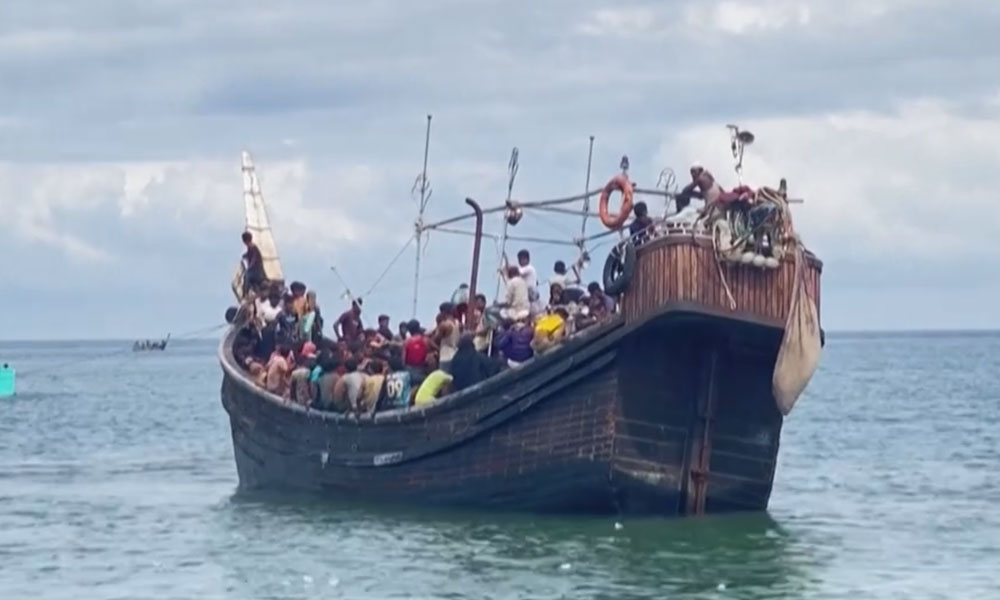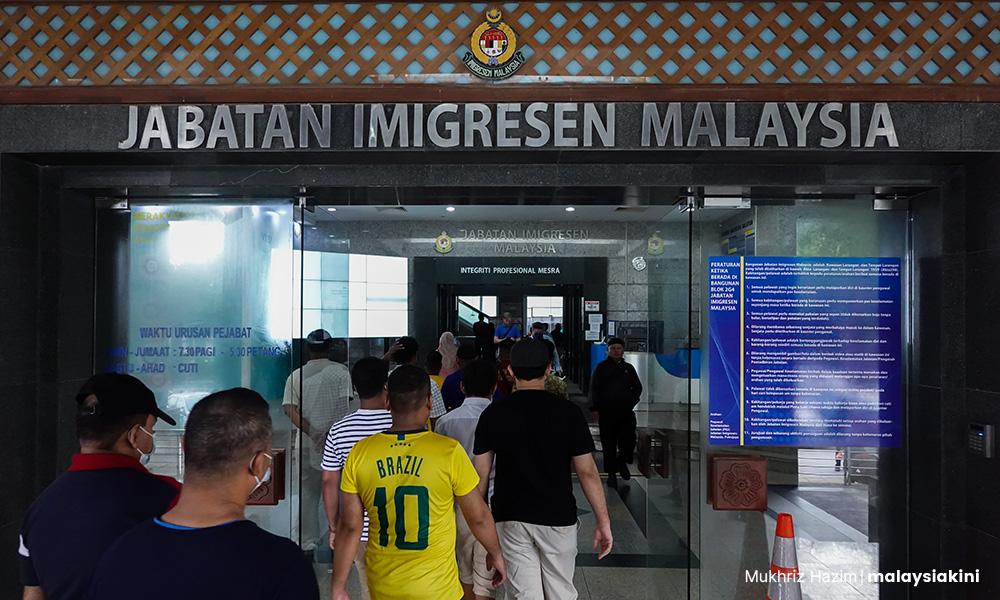MP SPEAKS | The Malaysian rapporteur presented Malaysia’s plans and achievements on human rights at the UN Human Rights Council Universal Periodic Review in Geneva, Switzerland, on Jan 25.
On the subject of migrant workers and refugees, several improvements were highlighted by the government.
However, reports from UN special rapporteurs and UNHCR, through unbiased observations, pointed out that more needs to be done for both documented and undocumented migrant workers, refugees and asylum seekers in Malaysia on humanitarian and human rights grounds.
Since Malaysia has not ratified the 1951 Refugee Convention and the 1967 protocol, there are gaps in policies, laws, attitudes and approaches on how to manage these vulnerable groups.
Firstly, there is no legal language to differentiate between undocumented migrants, asylum seekers and refugees in Malaysia.
The lack of nomenclatural description in domestic legal or policy framework, all are lumped under one category, which is “pendatang asing tanpa izin” or Pati. Along with this classification comes discrimination, stigmatisation and vilification.

The absence of clear distinctions in terminology between undocumented workers, refugees and asylum seekers places them at risk of arrest, prosecution, detention, deportation and refoulement.
It also limits their ability to access lawful work, health, and educational opportunities - exposing them to a plethora of rampant abuse, exploitation and other rights violations.
While there have been some improvements in legislation by the government, there is still much room for improvement in approaches and the implementation of reforms on this matter.
The UN special rapporteurs noted in their reports that refugees and migrant children were particularly exposed to sexual exploitation, forced begging and child labour.
Extreme poverty also contributes to the exploitation of migrant workers by unscrupulous recruitment agents and employers.
A harsh immigration policy and a lack of enforcement of labour protections make the stateless, refugees and migrants vulnerable to poverty-induced abuses.
These individuals reportedly face passport confiscation, paid below the minimum wage, poor living conditions, punishment by fines, high recruitment fees, debts to recruitment agencies and employers, and forced salary deductions.
Abuses against migrant workers
Reports documenting abuses against migrant workers were consistent and numerous. Malaysia was recommended to enhance the enforcement of labour protections to ensure migrant workers could assert their rights without fear of deportation.
The ILO committee of experts urged Malaysia to continue strengthening its efforts to ensure that migrant workers were fully protected by law from abusive practices and conditions that amounted to forced labour.
The same committee also urged Malaysia to take measures necessary to ensure that workers who were victims of anti-union discrimination had the right to complain directly before the courts.
It also recommended proceedings to be rapid and effective, ensuring effective protection through reinstatement, adequate compensation and the imposition of sufficiently dissuasive sanctions.
Other concerns raised included healthcare and education. UNHCR recommended that Malaysia waive foreigner rates charged to refugees at government health facilities, including for all vaccines on the childhood immunisation schedule, and repeal Health Circular Ministry 10/2001 establishing that undocumented asylum-seekers and migrants seeking medical attention must be referred to the Immigration Department.
While the government facilitates access to education for refugees and asylum seekers through 18 alternative learning centres (ALC) registered with the Education Ministry, many refugee children still do not have access to formal education in Malaysia, making them vulnerable to exploitation.
As of April 2023, there are 1,030 children in immigration detention, and despite the positive measures taken through the “Alternatives to Detention” (ATD) programmes, children still remain in immigration detention camps.

This is long overdue, and as signatories to the Convention on the Rights of the Child (CRC), we must ensure, with immediate effect, that no child should be held at immigration detention centres and that families are not separated.
To address the matter of documented and undocumented migrants, migrant workers, asylum seekers, and refugees, a collaborative effort is required.
We should leverage UN agencies like the UNHCR and local civil society organisations (CSO) that have been working on refugee and migrant worker matters to be partners in the greater agenda to harmonise policies, laws and frameworks on this matter.
UNHCR should not be under threat of expulsion from Malaysia. Instead, they must be treated as “solution partners” and granted access to immigration detention centres, with their recommendations and criticisms taken constructively by government agencies and the government for improvements.
We must respect the principle of non-refoulement in accordance with international human rights instruments and customary international law.
No right-thinking citizens would consider sending back Palestinian refugees to Gaza while war crimes and crimes against humanity are inflicted by Israel on them.
As such, the same principle must be applied in all circumstances, including Myanmar refugees and asylum seekers here.
I am confident the government will give due importance to undoing the previous punitive approaches against asylum seekers and refugees. A more humanitarian and human rights-based approach can be adopted. - Mkini
TERESA KOK is Seputeh MP and DAP vice-chairperson.
The views expressed here are those of the author/contributor and do not necessarily represent the views of MMKtT.



No comments:
Post a Comment
Note: Only a member of this blog may post a comment.